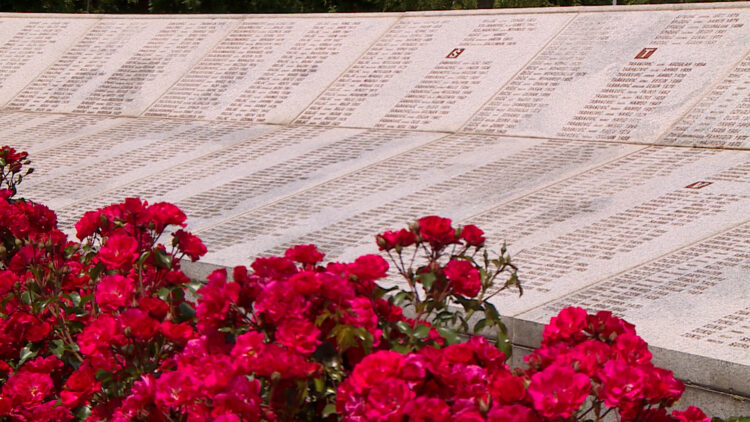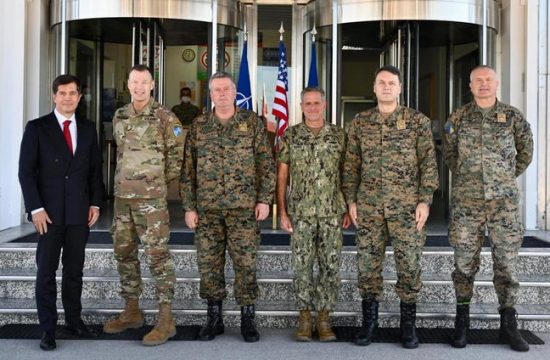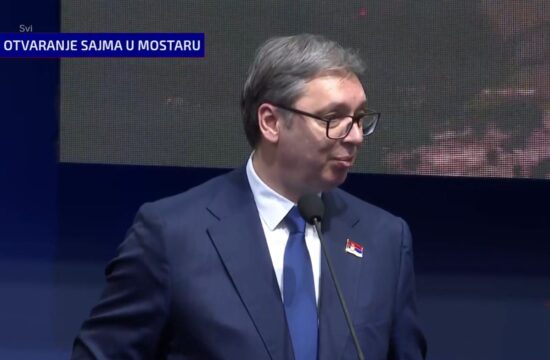
The Heinrich Böll Foundation published a package of texts and analyses on the occasion of the 25th anniversary of the Srebrenica genocide, along with a feminist reading of chapters from the Alphabet of War by Vernesa Berbo as an act of resistance to the denial and reinterpretation of the genocide, the Foundation said Thursday.
The readers are MEPs from the Green Paarty Terry Reintke and Thomas Waitz as well as former education senator in HanburgKrista Sager. Other readers are from Bosnia, Croatia, Serbia, Albania, Austria and Germany.
The Foundation notes that the widespread tendencies of denial of crimes, which were raised to the international level through the award of the Nobel Prize for Literature in 2019 to writer Peter Handke, are unacceptable. Denial of crimes and glorification of atrocities and their perpetrators hamper the much-needed reconciliation process in Bosnia, and across the Balkans.
The director of the Heinrich Böll Foundation in Sarajevo, Marion Kraske, noted that “the history of crime from its earliest beginning is also the history of denial and deception. Covering up the act by targeted exhumation and re-burial of the dead is a cruel detail of the genocide that leads to the fact that the remains of more than 1,000 people are still being searched for today. Denial takes place in parallel with the glorification of the act and perpetrators – both of which prepare the mental background for new violence.”
The Heinrich Böll Foundation is asking Europe, especially the EU, for a new culture of remembrance when looking at the crimes committed in Srebrenica.
“Given the failure of the international community in 1995, it is difficult to bear the lack of international interest in dealing with genocide – which at the same time is very dangerous. The Srebrenica genocide will have to occupy an important place in the European culture of remembrance in the future.
“Europe should show that it is ready at all times to defend the civilization and human rights against those who trample on them,” Marion Kraske stressed.
During the 1992-1995 Bosnian war for independence from the former Yugoslavia, the country lost over 100,000 people, over 8,000 of which were lost in July 1995 in Srebrenica, when Bosnian Serb forces, which received financial and logistical support both from Serbian authorities and individuals during the war, slaughtered over 8,000 Bosniak men and boys in a UN-protected zone of Srebrenica.
The International Criminal Tribunal (ICTY) for the Former Yugoslavia and the International Court of Justice later ruled that the massacre was an act of genocide.
International and regional courts have sentenced 45 people for what happened in Srebrenica to a total of more than 700 years behind bars.
Those who the ICTY sentenced to life imprisonment are Ljubisa Beara, Zdravko Tolimir, and Vujadin Popovic. But the most well known alleged masterminds of what happened in Srebrenica are former Bosnian Serb politician Radovan Karadzic and ex Bosnian Serb general Ratko Mladic, and both have been sentenced for it but have appealed.




